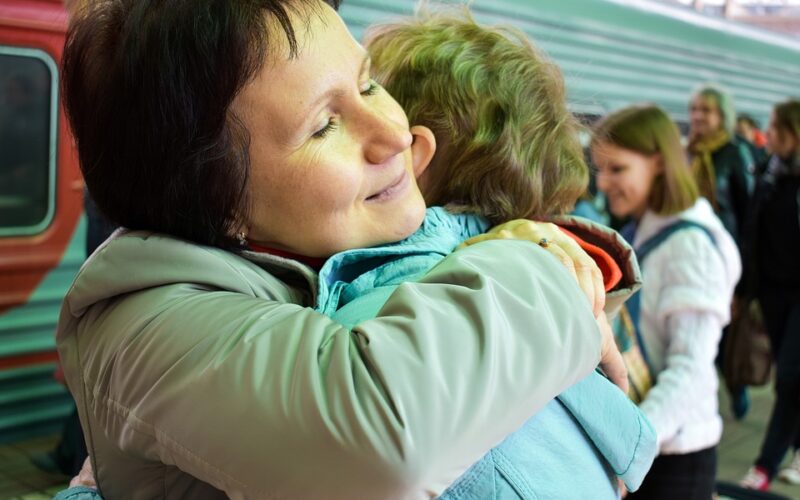Different Faith Backgrounds
Being in a relationship where partners come from different faith backgrounds can present a unique set of challenges and rewards. These relationships often require a deep level of understanding, respect, and communication, which can strengthen the bond between partners. However, they can also bring about conflicts and complications that require thoughtful navigation.
Understanding and respecting each other's beliefs
One of the most significant challenges in a relationship of differing faiths is understanding and respecting each other's beliefs. Each partner may have deeply ingrained religious practices and values. It is essential to approach these differences with an open mind and a willingness to learn about the other’s faith. This includes participating in each other’s religious ceremonies and discussing the meaning behind certain practices. By doing so, partners can foster mutual respect and appreciation for each other's beliefs.
Communication is key
Effective communication is crucial in any relationship, but it is especially important in interfaith relationships. Partners must be willing to have open and honest conversations about their beliefs, expectations, and potential areas of conflict. This includes discussing how they will handle religious holidays, dietary restrictions, and how they will raise their children. Clear communication can help prevent misunderstandings and ensure that both partners feel heard and respected.
Navigating family dynamics
Family acceptance can be a significant hurdle in interfaith relationships. Families may have strong opinions about maintaining religious traditions and may not initially accept a partner from a different faith. This can create tension and stress within the relationship. It is essential for partners to stand together and present a united front. They should communicate their commitment to each other and their decision to respect and incorporate both faiths into their lives. Over time, families may come to appreciate the love and effort the couple is investing in their relationship.
Finding common ground
While it is important to honour and respect each other's faiths, finding common ground can help bridge the gap between differing beliefs. This can include identifying shared values, such as compassion, honesty, and kindness, which are often present in many religions. Couples can also create new traditions that incorporate elements from both faiths, fostering a sense of unity and shared purpose. By focusing on what they have in common, partners can build a strong foundation for their relationship.
The joys of diversity
One of the most rewarding aspects of being in an interfaith relationship is the opportunity to experience and celebrate diversity. Partners can gain a deeper understanding of different cultures and religious practices, enriching their own lives in the process. This diversity can also provide a broader perspective on the world and encourage personal growth. Additionally, couples often find that their relationship is strengthened by the challenges they face together, resulting in a deeper, more meaningful connection.
Raising children in an interfaith home
Raising children in an interfaith home can be both challenging and rewarding. Parents must decide how they will introduce and explain their differing faiths to their children. This requires careful consideration and ongoing dialogue between partners. It is important to provide children with a balanced understanding of both religions, allowing them to explore and choose their own spiritual path. By fostering an environment of openness and respect, parents can help their children develop a strong sense of identity and tolerance for others.
Being in a relationship of differing faiths comes with its set-backs and joys. It requires a deep level of understanding, effective communication, and a willingness to find common ground. While there may be challenges, the rewards of experiencing and celebrating diversity can lead to a richer, more fulfilling relationship. By navigating these complexities together, couples can build a strong foundation based on mutual respect and love.








